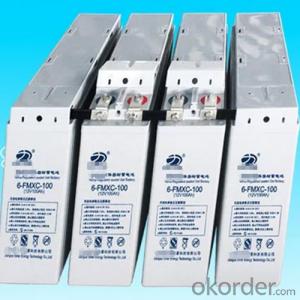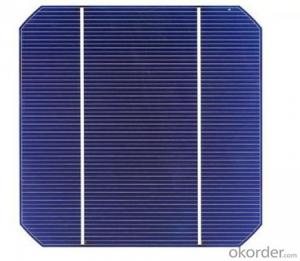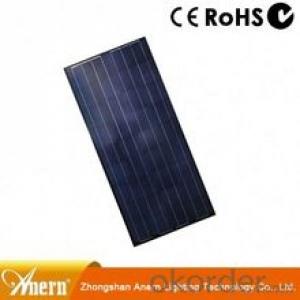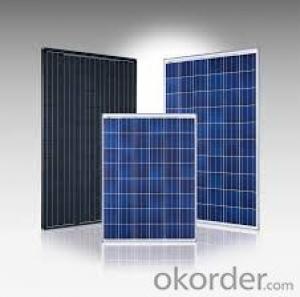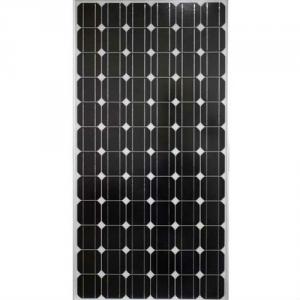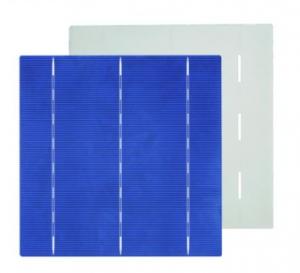Communication Lead-acid Battery FMXC 12V
- Loading Port:
- China main port
- Payment Terms:
- TT OR LC
- Min Order Qty:
- 1 pc
- Supply Capability:
- 1000000 pc/month
OKorder Service Pledge
OKorder Financial Service
You Might Also Like
Structure of Product Descrtption:
What is the product?
The FMXA/FMXC (Front Terminal) Series is especially designed for telecommunication use with 12 years design life in float service. By combining the newly developed paste formula with up-to-date AGM structures, this range features 12 years design life and Front Access connection for fast, easy installation and maintenance. This series is highly suited for telecom applications, UPS systems and other back up applications.
What is the purpose of the product?
· Telecommunication
· Control Equipments
· UPS systems
· Communication Equipments
· Medical Equipments
· Emergency Power Systems
What advantages do products have ?
· 12 years design life at floating condition
· Wide operating temperature range from -15°C to 55°C
· Advanced paste formula with increased recharge efficiency
· Front access terminal with standard width for 19” and 23” ETSI racks
· 30% decreased float current lead to excellent high temperature resistance
· Thick flat plate with high Tin low Calcium alloy
· Low self discharge
· Excellent deep discharge recovery capability
·
Main feature of the product:
*safety and reliable
*environmental friendly and fast delivery
*low self diacharge
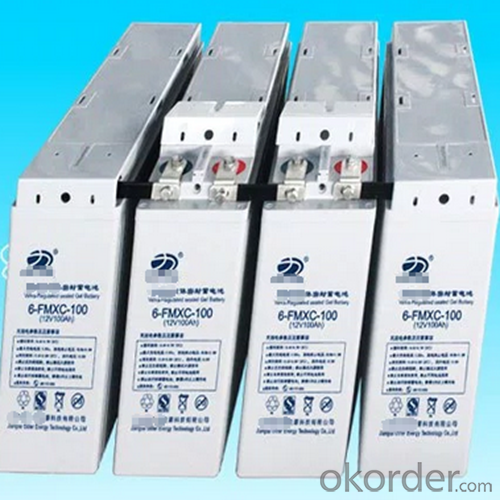
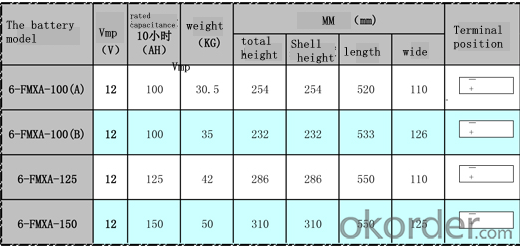
FAQ:
*Question:How long does it can service?
Answer:The service life of it in more than a decade.
*Question:What’s price per watt?
Answer: It’s depends on the quantity, delivery date and payment terms of the order. We can talk further about the detail price issue. Our products is high quality with lower price level.
*Question:Can you tell me the parameter of your solar panels?
Answer:We have different series of cells with different power output, both from c-si to a-si. Please take our specification sheet for your reference.
- Q:What's the benefit of using a solar cell?
- It can decrease the damage to our environment.
- Q:Are solar cells affected by extreme temperatures?
- Yes, solar cells are indeed affected by extreme temperatures. High temperatures can cause solar cells to degrade and operate less efficiently, resulting in a decrease in power output. Similarly, extremely low temperatures can also reduce the performance of solar cells, although to a lesser extent. Therefore, it is important to consider temperature conditions when designing and installing solar panels to optimize their performance and longevity.
- Q:Can solar cells be used in agricultural settings?
- Yes, solar cells can be used in agricultural settings. They can be used to power various agricultural equipment such as irrigation systems, electric fences, and lighting. Solar cells can also be used to generate electricity for on-site use or for feeding back into the grid, reducing energy costs and promoting sustainability in agricultural practices. Additionally, solar cells can be integrated into greenhouse structures to provide power for ventilation, heating, and cooling systems, creating a more energy-efficient and environmentally friendly agricultural environment.
- Q:Can solar cells generate electricity on cloudy days?
- Yes, solar cells can generate electricity on cloudy days. While their efficiency may be reduced compared to sunny days, solar cells can still convert sunlight, even on cloudy days, into usable electricity.
- Q:What is the difference between a monocrystalline and polycrystalline solar cell?
- The main difference between a monocrystalline and polycrystalline solar cell lies in their composition and manufacturing process. Monocrystalline solar cells are made from a single, high-purity silicon crystal. This results in a uniform structure with a consistent and orderly arrangement of atoms. Monocrystalline cells are known for their high efficiency and sleek appearance, as they typically have a black or dark blue color. On the other hand, polycrystalline solar cells are made from multiple silicon crystals. These crystals are smaller and not as perfectly aligned, leading to a more random arrangement of atoms. Polycrystalline cells are usually recognizable by their bluish hue and a fragmented appearance. In terms of efficiency, monocrystalline solar cells tend to have a slightly higher efficiency rate compared to polycrystalline cells. However, recent advancements in technology have narrowed this efficiency gap, and polycrystalline cells are now approaching the efficiency levels of monocrystalline cells. Another difference is the cost. Monocrystalline solar panels are generally more expensive due to the higher purity of silicon required and the more complex manufacturing process. Polycrystalline panels, on the other hand, are more cost-effective and offer a lower price per watt. In summary, while monocrystalline solar cells have higher efficiency and a more uniform appearance, polycrystalline cells are more cost-effective and have made significant improvements in efficiency in recent years. The choice between the two ultimately depends on individual preferences, budget, and specific project requirements.
- Q:Can solar cells generate electricity at night?
- No, solar cells cannot generate electricity at night as they rely on sunlight to produce electricity.
- Q:Can solar cells be used in smart grid systems?
- Yes, solar cells can be used in smart grid systems. Solar cells are a reliable and renewable source of energy that can generate electricity to power smart grids. They can be integrated into the grid infrastructure to provide clean and sustainable energy, reducing dependence on fossil fuels and contributing to the overall efficiency and sustainability of the smart grid system.
- Q:Can solar cells be used in electric grid stabilization?
- Yes, solar cells can be used in electric grid stabilization. Solar power can be integrated into the electric grid through the use of grid-tied solar systems, which allow excess energy generated by solar cells to be fed back into the grid. This helps stabilize the grid by reducing strain during peak demand periods and providing a cleaner and more sustainable source of electricity. Additionally, solar energy can be combined with energy storage systems, such as batteries, to provide backup power and further enhance grid stability.
- Q:What is the impact of extreme temperature fluctuations on solar cell efficiency?
- Extreme temperature fluctuations can have a negative impact on the efficiency of solar cells. High temperatures can cause the performance of solar cells to degrade, leading to a decrease in their overall efficiency. Conversely, extremely low temperatures can also impact the performance of solar cells by reducing their ability to generate electricity. Therefore, maintaining a stable temperature range is crucial to maximize the efficiency and lifespan of solar cells.
- Q:How do solar cells impact carbon emissions?
- Solar cells have a significant positive impact on carbon emissions as they generate electricity without producing any greenhouse gas emissions. By harnessing the sun's energy, solar cells reduce our reliance on fossil fuels for power generation, ultimately helping to mitigate climate change and reduce carbon emissions.
1. Manufacturer Overview |
|
|---|---|
| Location | |
| Year Established | |
| Annual Output Value | |
| Main Markets | |
| Company Certifications | |
2. Manufacturer Certificates |
|
|---|---|
| a) Certification Name | |
| Range | |
| Reference | |
| Validity Period | |
3. Manufacturer Capability |
|
|---|---|
| a)Trade Capacity | |
| Nearest Port | |
| Export Percentage | |
| No.of Employees in Trade Department | |
| Language Spoken: | |
| b)Factory Information | |
| Factory Size: | |
| No. of Production Lines | |
| Contract Manufacturing | |
| Product Price Range | |
Send your message to us
Communication Lead-acid Battery FMXC 12V
- Loading Port:
- China main port
- Payment Terms:
- TT OR LC
- Min Order Qty:
- 1 pc
- Supply Capability:
- 1000000 pc/month
OKorder Service Pledge
OKorder Financial Service
Similar products
New products
Hot products
Hot Searches
Related keywords
